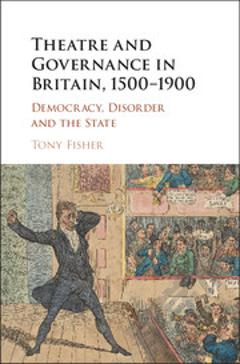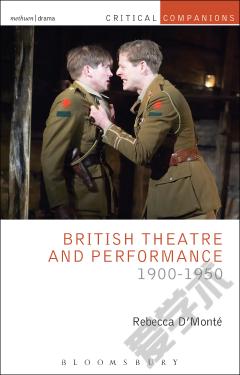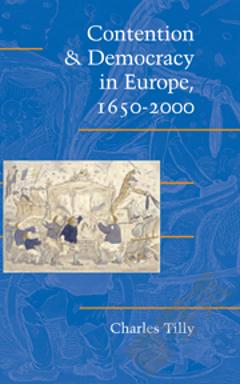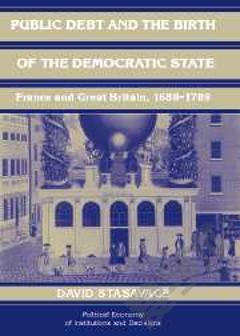Theatre and Governance in Britain, 1500–1900: Democracy, Disorder and the State
This book begins with a simple observation - that just as the theatre resurfaced during the late Renaissance, so too government as we understand it today also began to appear. Their mutually entwining history was to have a profound influence on the development of the modern British stage. This volume proposes a new reading of theatre's relation to the public sphere. Employing a series of historical case studies drawn from the London theatre, Tony Fisher shows why the stage was of such great concern to government by offering close readings of well-known religious, moral, political, economic and legal disputes over the role, purpose and function of the stage in the 'well-ordered society'. In framing these disputes in relation to what Michel Foucault called the emerging 'art of government', this book draws out - for the first time - a full genealogy of the governmental 'discourse on the theatre'. * Proposes a new reading of well-known controversies over the social history of the stage, allowing a better understanding of the complex interplay between theatre, politics, economics and government * Presents a theoretical as well as historical methodology, using the tools of 'discourse analysis' and concept of 'governmentality' developed by Michel Foucault * Offers a critical, systematic and historically-grounded reappraisal of the 'anti-theatrical prejudice' proposed by Jonah Barish, revealing that prejudice targeted 'common' tastes generally, rather than theatre as such Read more at http://www.cambridge.org/gb/academic/subjects/arts-theatre-culture/british-theatre/theatre-and-governance-britain-15001900-democracy-disorder-and-state#XoM5tTH0phQJIeTi.99
{{comment.content}}








 京公网安备 11010802027623号
京公网安备 11010802027623号